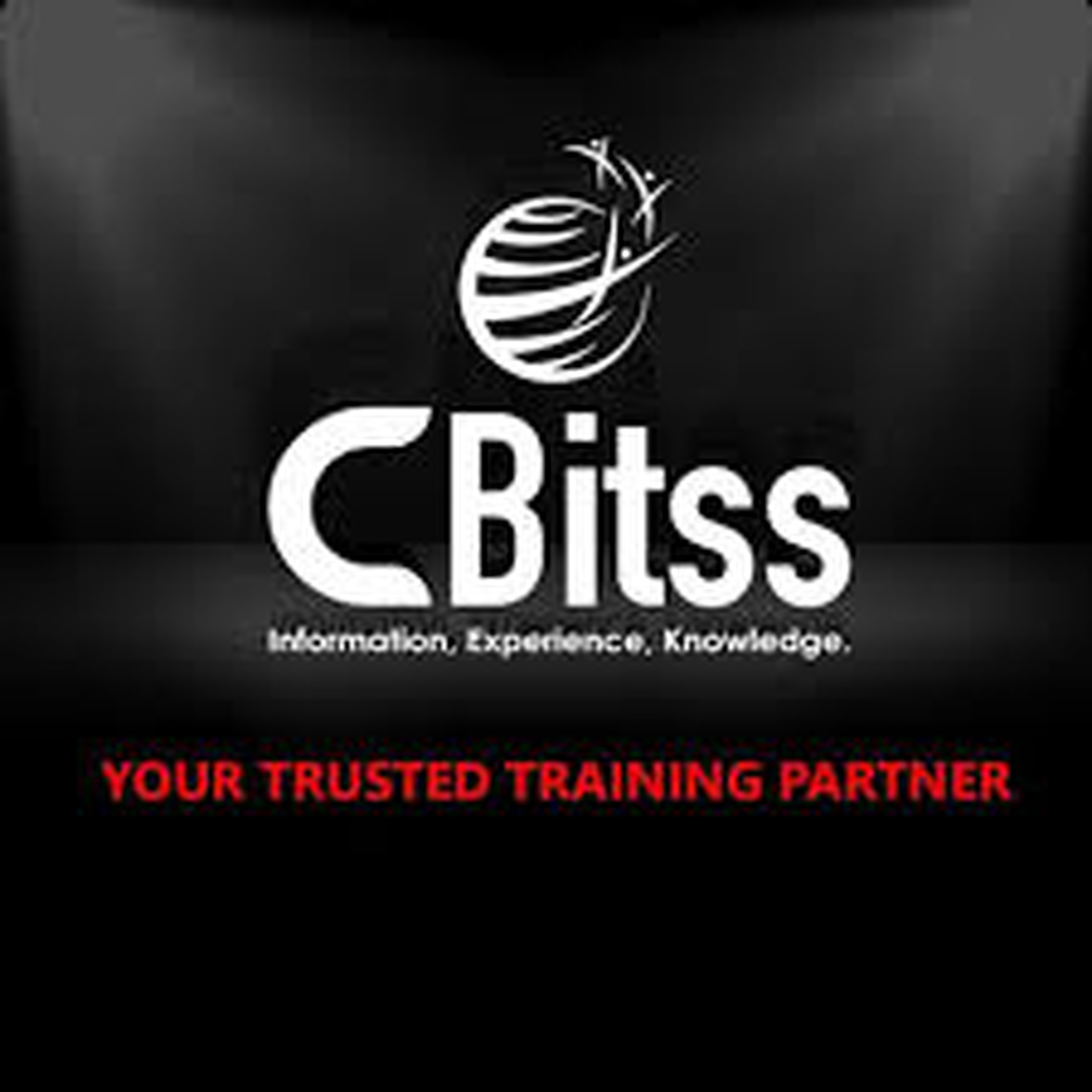Personal injury mediation offers an alternative to lengthy court battles, providing a structured environment where both parties work towards a fair settlement. Mediation not only saves time and money, but it can also reduce the emotional strain of courtroom disputes. However, handling legal disputes effectively within the mediation framework requires preparation, a good understanding of the process, and strategic decision-making. This guide offers insights into personal injury mediation, essential steps for success, and ways to address common challenges.
Personal Injury Mediation
Personal injury mediation is a voluntary and confidential process in which a neutral mediator facilitates discussions between the injured party (plaintiff) and the responsible party (or their insurance provider). The mediator’s role is to help both parties understand each other’s perspectives, encouraging open dialogue and compromise.
Unlike traditional litigation, personal injury mediation is focused on finding a mutually acceptable solution rather than a winner and a loser. For victims of accidents, slip-and-falls, or other personal injuries, mediation can expedite resolution and may result in a more satisfactory outcome than a court judgment. It also allows both parties to maintain control over the settlement terms, which is often more empowering for those involved.
Preparing for Personal Injury Mediation
Preparation is key to handling any legal dispute in personal injury mediation. By thoroughly preparing, parties are more likely to achieve a favorable outcome. Here are essential steps to ensure readiness:
-
Gather All Relevant Documents Collecting medical records, accident reports, witness statements, and any other supporting documentation is critical. This evidence serves as the foundation of your case and should be organized, complete, and ready to present during mediation.
-
Understand the Value of Your Claim Before entering mediation, it’s essential to have a realistic assessment of your claim’s worth. Consider damages related to medical bills, lost wages, pain and suffering, and any future expenses related to the injury. Many parties seek assistance from legal professionals or use online tools to calculate a fair estimate.
-
Prepare a Strong Opening Statement Your opening statement should outline your position clearly, focusing on how the injury has impacted your life and why you believe compensation is justified. A concise yet compelling statement can set a positive tone for the session and encourage empathy from the opposing party.
Mediation Process
In personal injury mediation, the process typically follows a standard format, beginning with introductions, followed by opening statements, and then separate discussions in “caucuses.” Here’s a breakdown of the stages involved:
-
Opening Statements: Each party presents its side, laying out the facts of the case, damages incurred, and their desired resolution. This sets the groundwork for negotiations.
-
Joint Session and Caucuses: In some cases, both parties discuss their perspectives together, while in others, the mediator holds separate sessions (caucuses) with each party to facilitate open, honest discussion.
-
Negotiation and Settlement: With the mediator’s guidance, both sides explore potential settlements. Ideally, both parties agree on compensation terms, resolving the dispute without going to court.
Mediators often use creative problem-solving techniques, such as proposing alternative forms of compensation or payment plans, to reach an agreement. By working collaboratively, both parties can often find solutions that satisfy their needs and bring closure to the dispute.
Handling Challenging Disputes
Not all mediations proceed smoothly, and disputes can arise over various issues, such as the amount of compensation or responsibility for the injury. Here’s how to address some of the most common challenges:
-
Dealing with Disagreements Over Liability Liability can be a sticking point, particularly if the opposing party disputes responsibility for the injury. To address this, present clear evidence such as accident scene photos, witness statements, and police reports that establish accountability. This can help counter any claims made by the opposing party.
-
Resolving Disputes Over Compensation Amounts Compensation disputes often arise when there’s a gap between what the injured party seeks and what the opposing party is willing to offer. In these cases, remaining flexible and open to negotiation can be crucial. Consider alternative forms of compensation, such as structured payments, that may make a settlement more feasible for both parties.
-
Bridging Communication Gaps Sometimes, mediation may stall due to communication barriers or heightened emotions. Here, the mediator’s skills are essential. They can help reframe statements, reduce tensions, and keep the discussion focused on finding a resolution rather than assigning blame. If you’re working with an experienced mediator, they should be well-equipped to handle these types of challenges.
Role of Legal Representation in Mediation
While personal injury mediation is a collaborative process, having legal representation can provide added support, especially in complex cases. An experienced attorney can help present your case, manage negotiations, and ensure you’re aware of your rights and options throughout the mediation. For example, a party may work with an employment law firm in Los Angeles if the case involves overlapping employment and injury claims, as they can offer guidance on both personal injury and employment laws, ensuring that all relevant factors are considered.
A lawyer’s presence can help you navigate any legal technicalities and provide insight into fair settlement terms. However, even with legal representation, it’s important to stay involved and engaged in the process. Mediation is an opportunity for direct involvement in your case, which can be empowering for those seeking resolution.
Maintaining a Balanced Mindset
The process of resolving legal disputes through personal injury mediation can be emotionally taxing, particularly when discussions involve physical pain, trauma, or financial loss. Many people find it helpful to practice stress-relief techniques and mindfulness, which can foster a calm, focused mindset during negotiations. Techniques like Reiki Healing Online, for example, offer gentle support for stress relief and clarity, allowing participants to approach mediation with a more grounded perspective.
Incorporating mindfulness techniques can help you maintain composure, stay centered on your goals, and manage any frustration that may arise. A balanced mindset not only aids in personal well-being but can also enhance the effectiveness of mediation sessions.
Advantages of Settling
There are several advantages to settling disputes through personal injury mediation instead of going to trial. Primarily, mediation is more cost-effective than litigation, as it often resolves in a shorter timeframe with fewer legal fees. Additionally, mediation is private and confidential, meaning that the details of the settlement and the dispute remain confidential, which may be preferable for both parties.
Perhaps the most significant advantage, however, is that mediation gives both parties a voice. Unlike a court judgment, where a judge or jury makes the final decision, mediation allows the injured party and the defendant to reach a mutually agreeable solution. This collaborative approach often leads to more satisfactory outcomes and can help preserve relationships, especially if both parties have personal or professional connections.
Conclusion
Personal injury mediation offers a practical, empowering alternative to traditional litigation, allowing for a fair and efficient resolution of disputes. By preparing thoroughly, managing disputes strategically, and staying open to compromise, you can navigate the mediation process successfully. For individuals seeking justice and closure, mediation offers an opportunity to settle legal matters in a way that respects each party’s interests while saving time, money, and emotional energy. With the right approach and mindset, personal injury mediation can lead to an outcome that provides peace of mind and financial stability.




